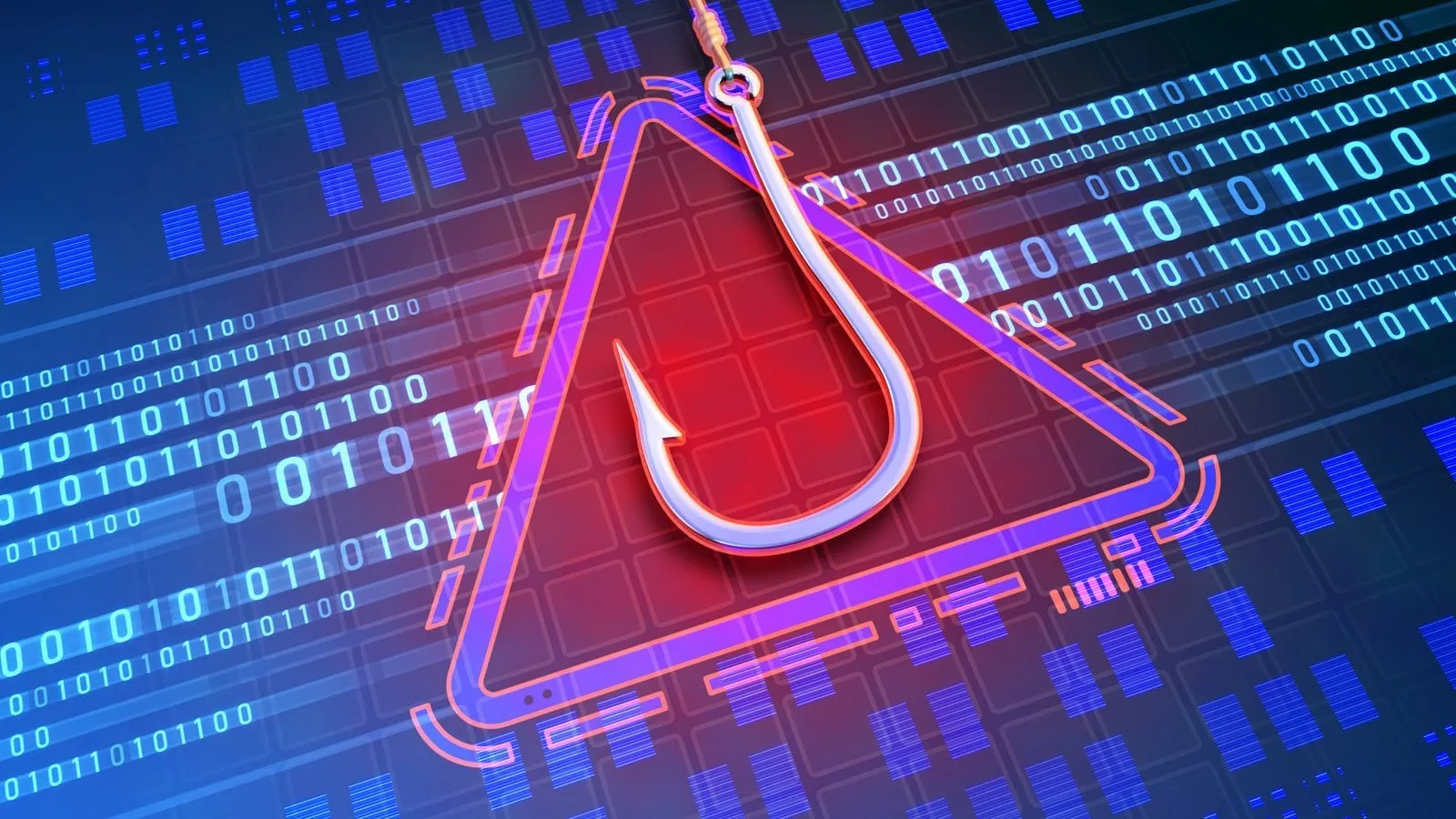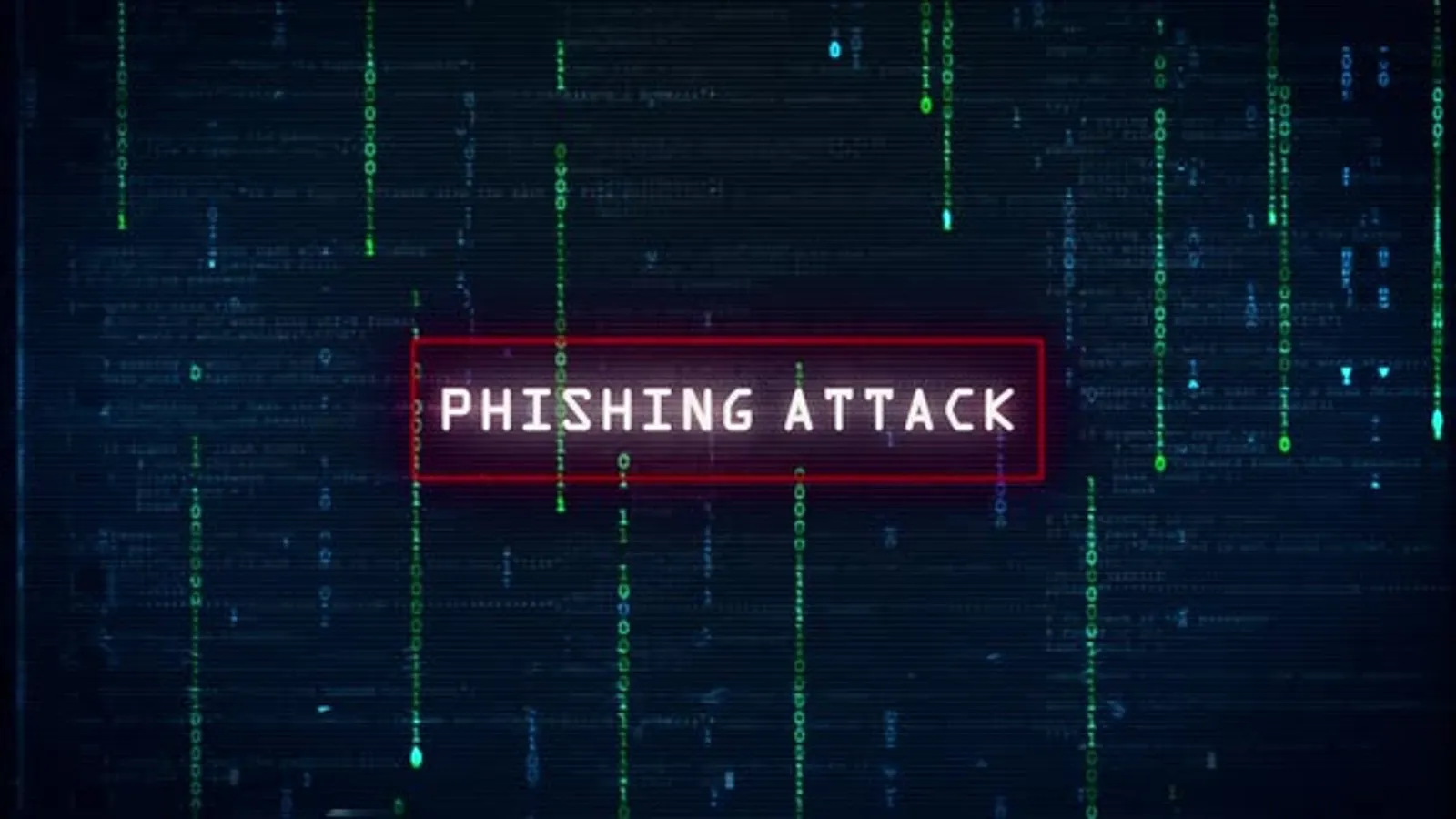In a digital era dominated by rapid technological advancements, cybercriminals are continually refining their methods to bypass modern security measures. A newly discovered phishing campaign, as reported by malware hunting firm Any. Run and featured on BleepingComputer, showcases a sophisticated technique involving corrupted Word documents that are intentionally designed to evade detection by security software.

From Recovery to Deception: The Malicious Mechanism Unveiled
The attack begins with what appears to be a routine email from payroll or human resources departments, complete with attachments that play into every employee’s interests: promises of benefits and bonuses. The filenames themselves—such as “Annual_Benefits_&_Bonus_for_[name]_IyNURVhUTlVNUkFORE9NNDUjIw__.docx”—are crafted to catch the eye and encourage clicks.
However, these attachments are far from ordinary. They are strategically corrupted, a state that allows them to slip past antivirus defences unnoticed. This corruption exploits a feature in Microsoft Word that prompts the application to recover unreadable content, which it can do quite efficiently. Thus, despite their damaged exterior, these documents are not only recoverable but serve as perfect trojan horses for the next phase of the attack.

Why These Attacks Go Unnoticed
Upon opening these recovered documents, users are presented with what seems to be a benign instruction: scan a QR code to retrieve the document. The documents cleverly include the logos of the targeted company, increasing the sense of legitimacy. Scanning the QR code, however, directs the victim to a fraudulent site mimicking a Microsoft login page—completing the trap by attempting to harvest user credentials.
Any. Run explains that although these files function correctly within the operating system, they “remain undetected by most security solutions due to the failure to apply proper procedures for their file types.” Even when uploaded to VirusTotal, a popular tool for analyzing suspicious files, the results often come back as “clean” or “Item Not Found.” This indicates that traditional antivirus tools struggle to properly analyze and identify the threat these files pose.

Defense Against the Digital Deceivers
The effectiveness of this phishing strategy is clear, yet the basic rules of digital engagement still apply. Vigilance is paramount. Users should be wary of emails from unknown senders, especially those that contain attachments. Confirming the legitimacy of such emails with network administrators or the supposed sender can prevent potential breaches. In an age where cyber threats loom larger and more invisibly than ever, awareness and proactive defense are key. As phishing tactics evolve, so too must our strategies to combat them, underscoring the never-ending cat-and-mouse game between cybercriminals and the defenders of digital integrity.










